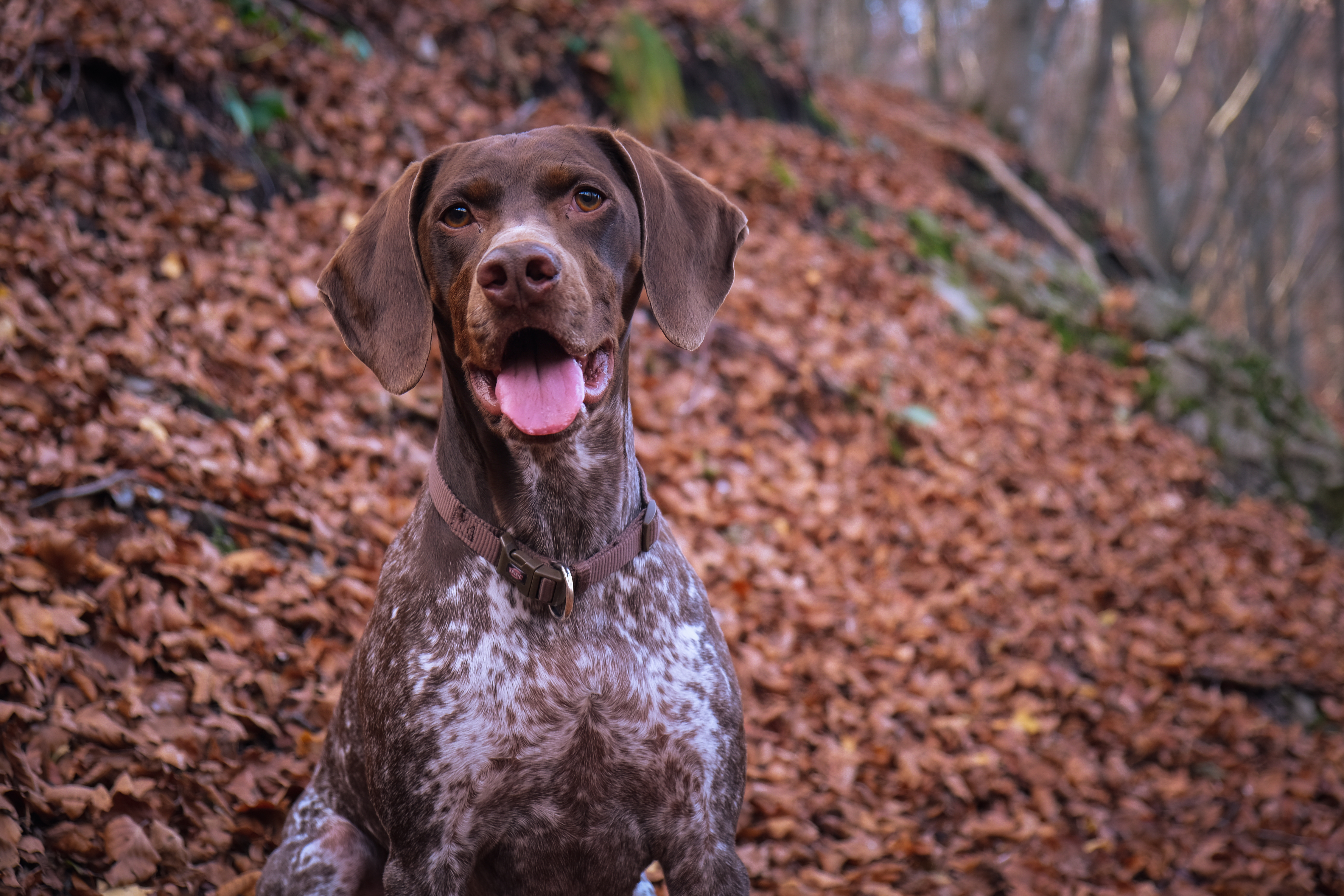
Pointers are regarded as one of the most fashionable gundogs in Britain due to their athleticism, combining speed and elegance with remarkable stamina. It is believed that the pointer breed originated from the Spanish pointer, which was crossed with greyhound and foxhound breeds in the 1700s. What are the roles of a pointer dog? Pointers have been specifically bred for their hunting, pointing, and flushing abilities. They excel as hunting companions and are particularly skilled at locating birds. In the UK, pointers are utilized to cover vast areas of open land in order to hunt, point, and flush out scarce game, especially grouse and partridge. This breed is capable of working tirelessly for hours, counting grouse during the spring and summer seasons, and is also used for shooting over stubble and in woodland areas. Pointers possess a kind and good-natured temperament, although they can be reserved. With proper early socialization, they can adapt well to life in kennels or households with children and other pets. However, training pointers can be challenging as their innate hunting instincts make them easily distracted by other sounds or smells. What do pointer dogs look like? Pointer dogs have a distinctive appearance, characterized by a unique head shape and silhouette. They have a concave muzzle, elevated nose, pronounced stop, and an eye-catching stance when on point. Observing this breed in full gallop across the moors is a truly mesmerizing sight filled with enchantment and drama. Owning a pointer: the advantages and disadvantages. Advantages of owning a pointer:
- They have a good-natured disposition
- They get along well with children and other pets if properly socialized from an early age
- They excel as gundogs
- They require relatively low maintenance in terms of grooming.
Disadvantages of owning a pointer:
- They have high energy levels and need more than two hours of exercise per day
- They may be too boisterous for young children
- Their natural hunting instincts make them easily distracted during training
- They may be susceptible to certain health conditions such as hip dysplasia, cataracts, and progressive retinal atrophy (PRA) in dogs.
